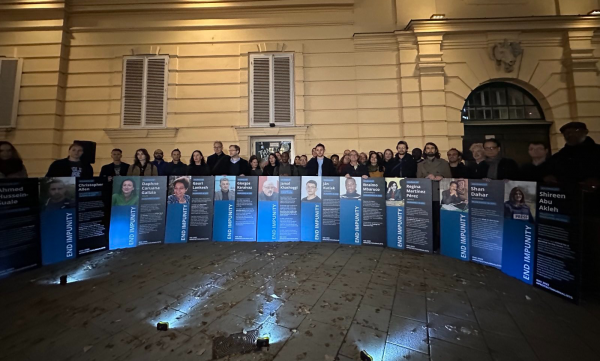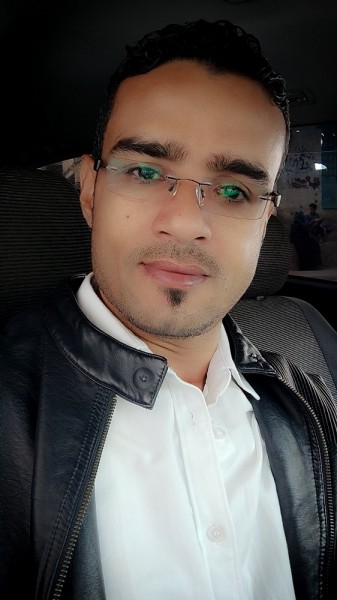The International Press Institute (IPI), a global network of editors, media executives and leading journalists for press freedom, has urged the U.N. Special Envoy for Yemen to intervene in the case of four journalists sentenced to death by Houthi rebels last week.
IPI this week condemned the sentencing of four journalists to death by a court in Yemeni capital Sanaa on April 11.
IPI strongly condemns the death sentence against four journalists in #Yemen by Houthis court in Sana’a and calls on rebels to reverse this sentence and drop all charges immediately.https://t.co/8zbDawuC4H
— IPI (@globalfreemedia) April 13, 2020
In a letter to the U.N. secretary general’s special envoy for Yemen, Martin Griffiths, IPI said that ssentencing journalists to death for doing their work is an abhorrent and unacceptable act that should be condemned by the United Nations.
“The court decision in Yemen is a gross violation of the principles of the Universal Declaration of Human Rights and we fear that if no action is taken immediately to bring pressure on Houthi rebels, such sentences would become common in conflict-ridden countries”, IPI Director of Advocacy Ravi R. Prasad said in the letter.
According to information gathered by IPI, Abdel-khaleq Omran, Harith Salih Hamid, Akram al-Walidi and Tawfiq Muhammad Thabit al-Mansuri were sentenced to death by the court on April 11 in the Yemeni capital Sanna on charges of treason and espionage. They had been taken into custody by Houthi rebels in 2015 along with six other journalists. The six other journalists were also convicted of the same charges but released by the court for the time served in prison.
It is a well-documented fact that Houthi forces are using these special criminal courts, one of which sentenced journalists to death last week, as a means to settle political scores. The journalists had no access to lawyers during their trial, as a result they were unable to defend themselves in the court.
IPI has requested the U.N. special envoy to use his good offices to secure the release of the four journalists.
Read the full text of the letter here:
_________________
Mr Martin Griffiths
Special Envoy of the UN Secretary General for Yemen
Amman
14 April 2020
Four journalists sentenced to death in Yemen
Your excellency,
The International Press Institute (IPI), a global network of editors, media executives and leading journalists for press freedom, is deeply alarmed about four journalists being sentenced to the death by a court of Houthi rebels in Yemen.
According to information gathered by IPI, Abdel-khaleq Omran, Harith Salih Hamid, Akram al-Walidi and Tawfiq Muhammad Thabit al-Mansuri were sentenced to death by the court on April 11 in the Yemeni capital Sanna on charges of treason and espionage. They had been taken into custody by Houthi rebels in 2015 along with six other journalists. The six other journalists were also convicted of the same charges but released them for the time served in prison.
It is a well-documented fact that Houthi forces are using these special criminal courts, one of which sentenced journalists to death last week, as a means to settle political scores. The journalists had no access to lawyers during their trial, as a result they were unable to defend themselves in the court.
Yemen has become a dangerous place for journalists to work, who have been targeted by all parties involved in the conflict. This is not the first time that Houthi rebels have sentenced a journalist to death. In 2017, highly respected journalist Yahya Al Jubaihi was sentenced to death on the charge of spying for Saudi Arabia. He was later released following international condemnation.
Journalism is not a crime. Sentencing journalists to death for doing their work is an abhorrent and unacceptable act that should be condemned by the United Nations. The court decision in Yemen is a gross violation of the principles of the Universal Declaration of Human Rights and we fear that if no action is taken immediately to bring pressure on Houthi rebels, such sentences would become common in conflict-ridden countries.
Your excellency, we therefore request you to use your good offices and speak with the leadership of the Houthi group and urge them to reverse this judgement and release the four journalists immediately.
Yours sincerely
Ravi R. Prasad
Director of Advocacy



